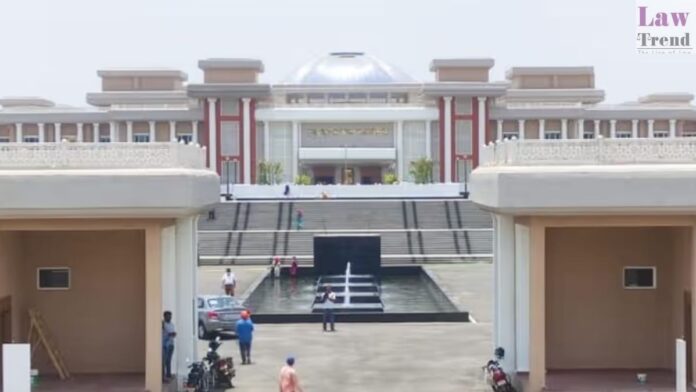The High Court of Jharkhand has set aside a 2003 award by the Central Government Industrial Tribunal (CGIT), Dhanbad, and ordered the reinstatement of a workman dismissed by M/s Bharat Coking Coal Ltd. (BCCL) in 1992. In a judgment delivered on August 21, 2025, Justice Sanjay Prasad ruled that the domestic enquiry conducted against the
To Read More Please Subscribe to VIP Membership for Unlimited Access to All the Articles, Download Available Copies of Judgments/Order, Acess to Central/State Bare Acts, Advertisement Free Content, Access to More than 4000 Legal Drafts( Readymade Editable Formats of Suits, Petitions, Writs, Legal Notices, Divorce Petitions, 138 Notices, Bail Applications etc.) in Hindi and English.




